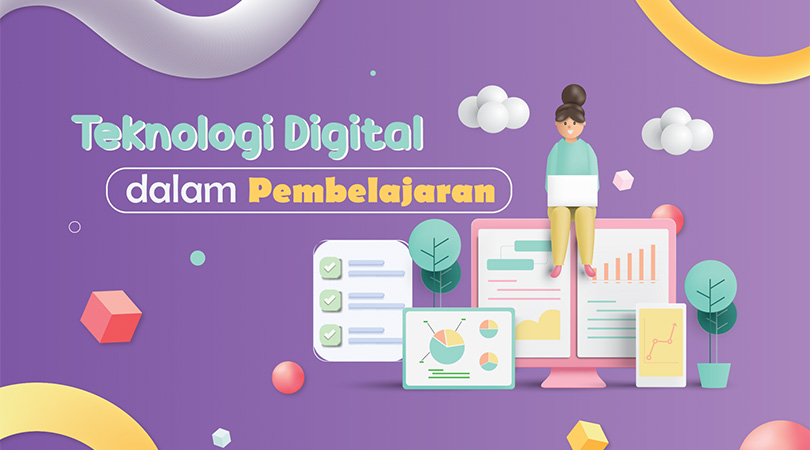


The advancement of digital technology has brought profound changes to the education sector. The digital education era demands more than just the use of technology; it requires mastery of digital literacy.
This article will explore the key role played by digital platforms in empowering students and teachers in the context of digital literacy.
Digital literacy encompasses not only technical skills in using software and hardware but also critical abilities to assess, understand, and utilize information from various digital sources. It involves understanding online ethics, cyber security, and the ability to actively participate in the digital community.
Digital platforms are essential tools in digital education. They include learning management systems, online learning applications, digital resources, and more. Through these platforms, teachers can present interactive learning materials, students can easily access educational resources, and both parties can collaborate online.
Digital platforms empower students with access to unlimited learning resources. They can access digital books, learning videos, simulations, and much more. Moreover, platforms support project-based learning, online classes, and group discussions, allowing students to become active learners.
Digital platforms also empower teachers in their teaching methods. They can design creative curriculums, track student progress, and access various online teaching tools. This enables teachers to personalize their teaching according to individual student needs.
While there are significant benefits to using digital platforms for digital literacy, there are also challenges such as technology access gaps. However, with proper attention to these issues, digital education can become a powerful tool to enhance digital literacy among students and teachers.
Digital literacy is a key skill in an increasingly digitalized world. Digital platforms play a crucial role in facilitating the empowerment of students and teachers in digital literacy. They create an environment that supports active and critical learning in the era of digital education. By understanding the role of these digital platforms and addressing existing challenges, we can ensure that students and teachers are prepared to face the challenges of the evolving digital world.